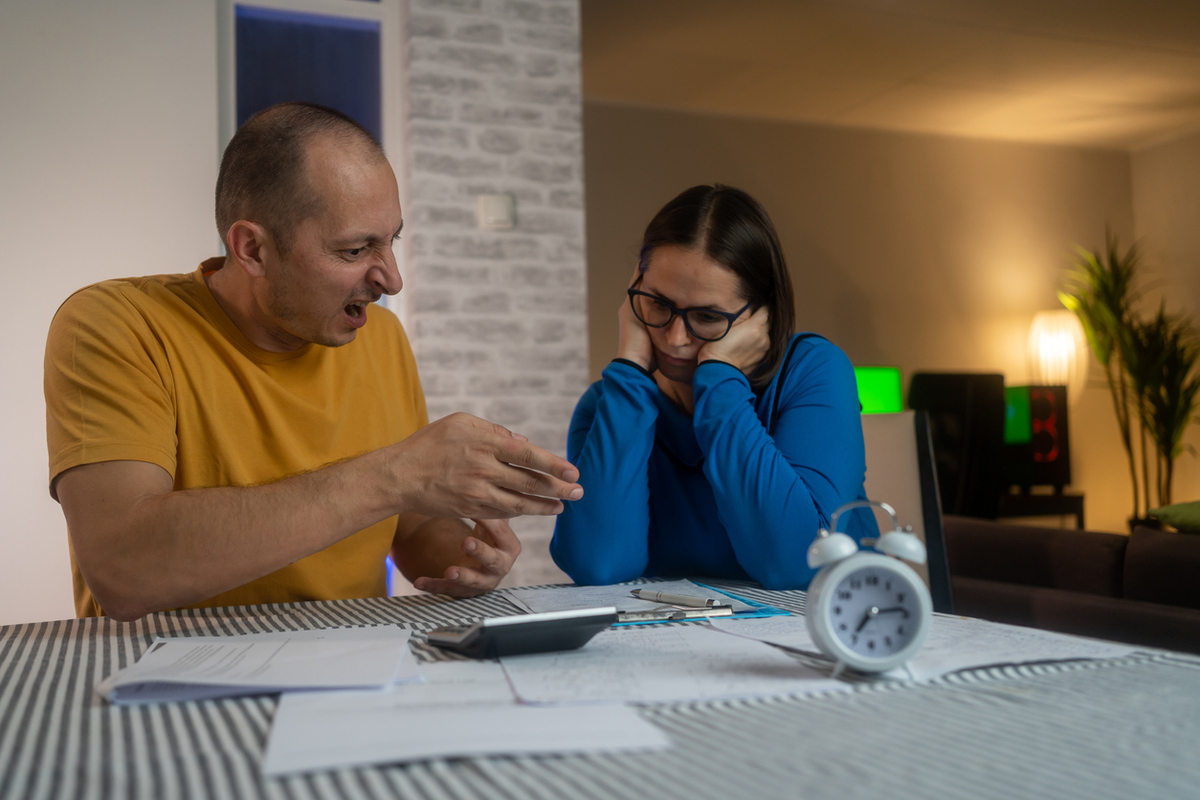Know your rights under family violence law (sponsored)
Alyssa Le Lievre l Checketts McKay Law
14 June 2025, 4:23 PM
 Violence does not only refer to physical violence; it includes financial abuse.
Violence does not only refer to physical violence; it includes financial abuse.Family violence is a prevalent issue in New Zealand. It affects a significant population of our country; including women, men, children, and the elderly.
When you are experiencing family violence, it can be hard to know where to turn or what your options are. But this is not just a personal issue; it’s a legal one. New Zealand has specific legislation in place to provide protection for people impacted by family violence.
What is Family Violence?
The Family Violence Act 2018 defines this. It is violence inflicted on a person by somebody they are in a family relationship with, including partners/spouses, parents, children, and siblings. Violence does not only refer to physical violence; it includes sexual, verbal, psychological, and financial abuse. This can be behaviors like name- calling, swearing at you, putting you down, threats (express or implied), intimidation, isolating you from friends or family, controlling your movements, controlling your finances, or withholding money.
Protection Orders
If you have experienced family violence and believe you are still at risk from the perpetrator, you can apply to the Family Court for a protection order. If a protection order is in place, it would be a criminal offence for the perpetrator to contact you without your consent. This would apply to not only you but also any children living in your home with you.
There are two ways to apply for a protection order; ‘on notice’ or ‘without notice’. The presumption in Family Court is that you apply on notice. This means the Respondent would be served with your application and have an opportunity to respond to your allegations. A Judge would then make the decision on whether a protection order should be made or not. This process typically takes several months or longer.
If you feel that your safety is at immediate risk from the Respondent and you cannot wait months for your application to be considered, you can apply without notice.
This means the Court may grant a temporary protection order immediately; to protect you during the time until a hearing can be allocated to decide your application. What if I have been served with an application for a Protection Order, or a temporary Protection Order If you are served with an application for a protection order, and/or a temporary protection order, you have the right to defend the making of a final order. You can do this by filing a Notice of Response or Notice of Intention to appear to the Court, along with an affidavit.
If a temporary protection order has been made against you, it is important that you comply with the conditions of this order, even if you are defending the making of a final order. A breach of a protection order is a criminal offence, and you may be subject to criminal charges if you do breach it. A breach of protection order includes any unconsented contact with the Applicant, even if the contact is not violent in nature; or if the Applicant previously consented to the same contact. If you do not understand the conditions of the order you are served with, or you need to contact the Applicant regarding care of shared children or other necessary matters, you should seek legal advice.
Can’t afford a lawyer?
Legal Aid is available for proceedings under the Family Violence Act, depending on your household’s annual income and assets. The income and asset thresholds are set out in the Legal Services Regulations 2011. These vary depending on whether you have a partner and how many children you have. You may still be eligible for a grant of Legal Aid if you exceed these thresholds, if special circumstances apply to your situation. If you aren’t sure whether you are eligible, we can advise you and assist you in filing an Application for Legal Aid.
How can we help?
At Checketts McKay Law, our team is experienced in representing clients in proceedings under the Family Violence Act, including applying for on notice and without notice protection orders, responding to applications and orders, and representing both parties at defended Hearings. We can also advise you on how family violence may relate to other matters, such as the care of your children. We understand what a difficult time it is for people and families being impacted by family violence. The legal services we deliver are clear and empathetic; informing and guiding you through this process with our expertise.



